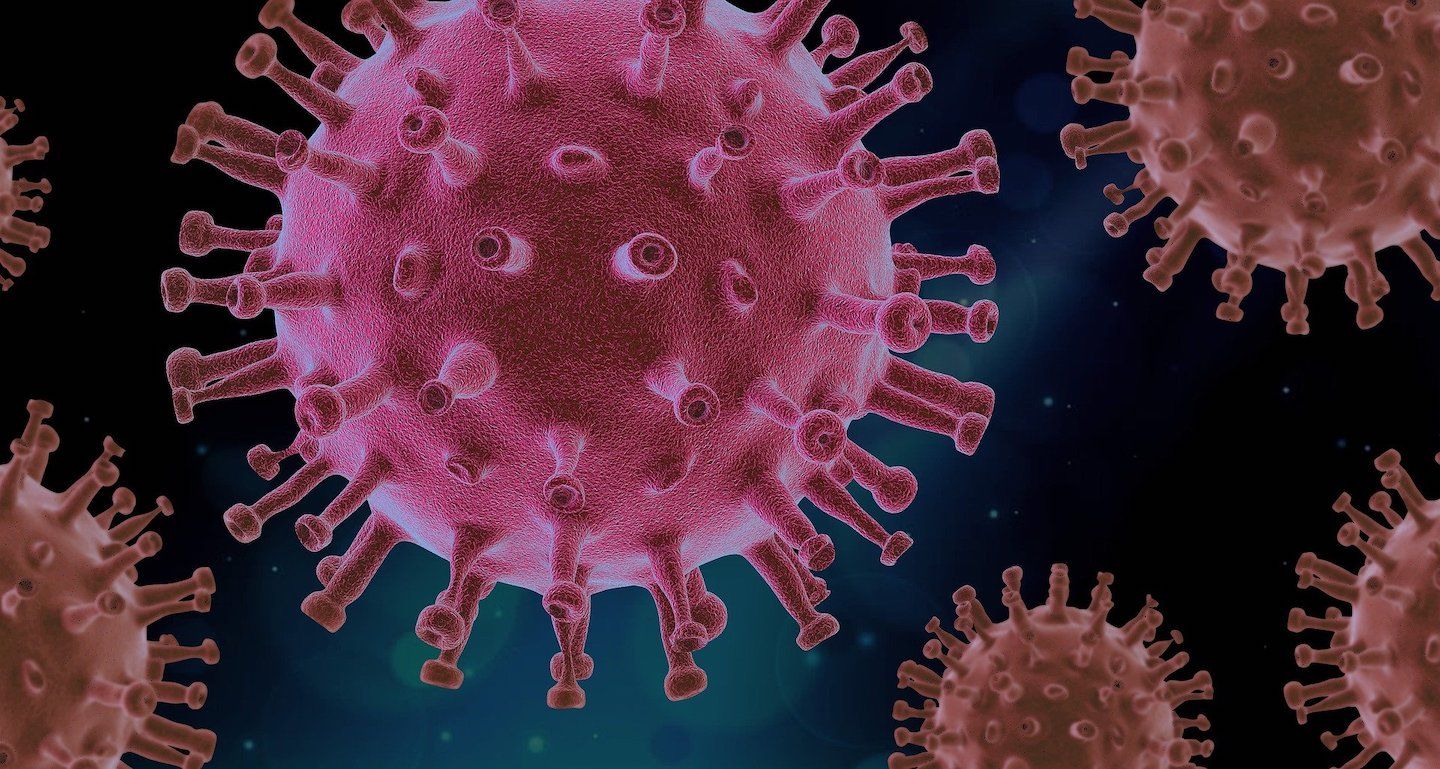0
Protective effects of Aspirin on COVID-19 patients
Dec 16th, 2020 | by Darshan Rajkumar Patil

Serious COVID-19 infections are set apart by blood clots, chronic pneumonia, and acute inflammation. The inflammation and clots may altogether lead to multiple organ failure and ultimately death. Novel Coronavirus is commonly set apart by hyper-inflammation due to Cytokinemia. Cytokinaemia is the cycle that brings out cytokines , which are small proteins secreted by various different immune cells in the body. But some cytokines which are called pro-inflammatory cytokines favour inflammation. Interleukin-1(IL-1) , Interleukin-6(IL-6) and Tumour Necrosis Factor(TNF) are some of the pro-inflammatory cytokines.
Some of the research evidence suggests that COVID-19 causes abnormalities in blood clotting which leads to an increased rate of blood clotting. This clearly means blood-thinning drugs are necessary to decrease the rate of blood clotting. The rate of blood clotting appears to be much higher in patients infected with COVID-19 than the normal rate. COVID-19 causes tiny blood clots in the patients. These tiny blood clots cause blockage of blood vessels in the lungs. These tiny blood clots in the patients infected with COVID-19 may also be a key reason to have lower (SpO2) oxygen levels . Coagulation starts with the prothrombin factor, a compound which is called as prothrombinase complex changes to thrombin. Thrombin is a factor that converts fibrinogen to fibrin. Fibrin alongside blood platelets forms clumps or clots.
Low-dose aspirin is a blood-thinning medicine.
Aspirin is also called Acetylsalicylic acid. The daily dose of aspirin makes the blood less sticky and helps to reduce the rate of blood clotting. This helps to prevent heart attacks, strokes, and multiple organ failure. This will help to prevent the development of tiny blood clots during COVID-19. And this will help to maintain good oxygen levels.
References:
0
Author